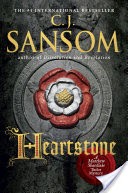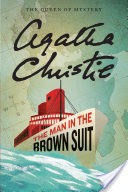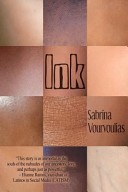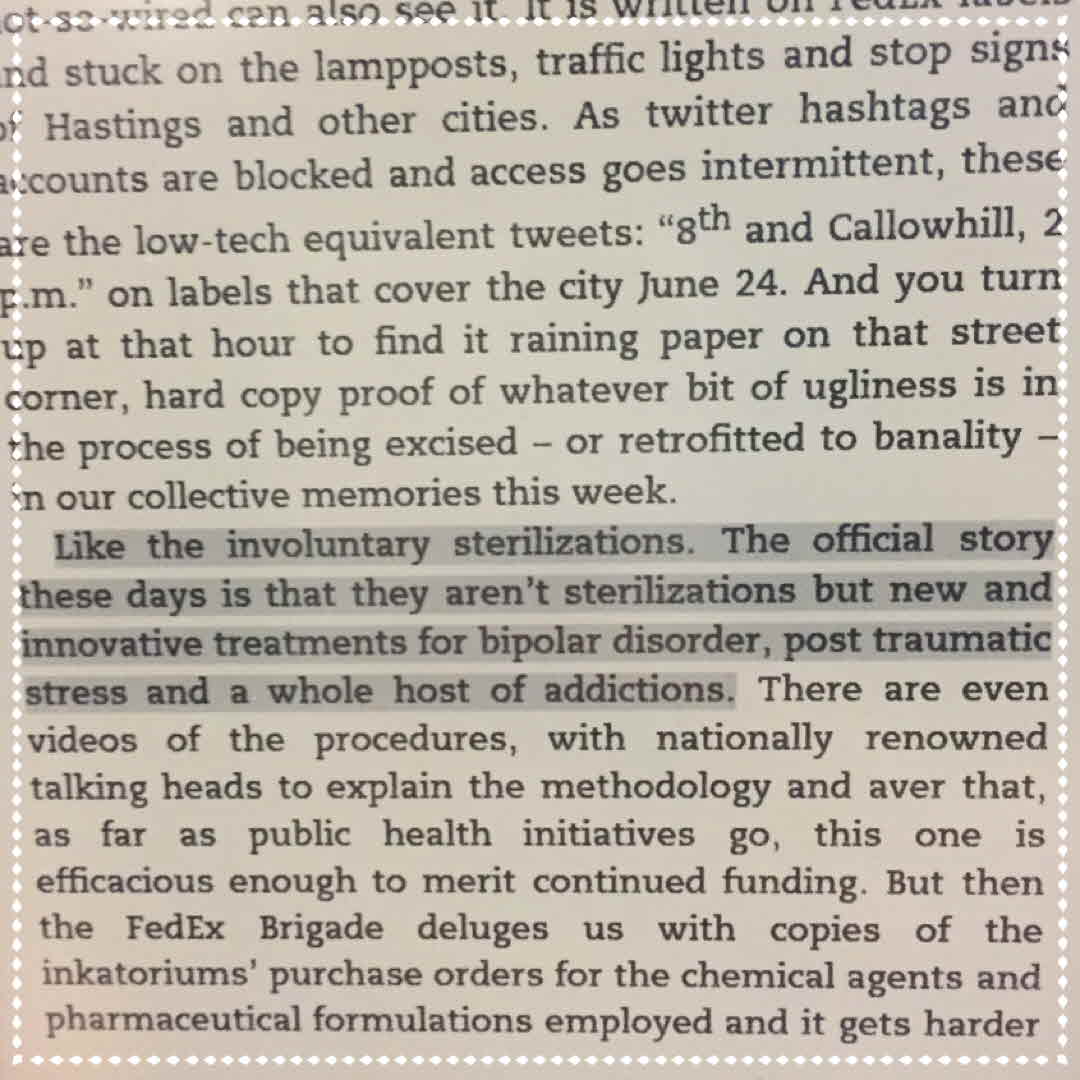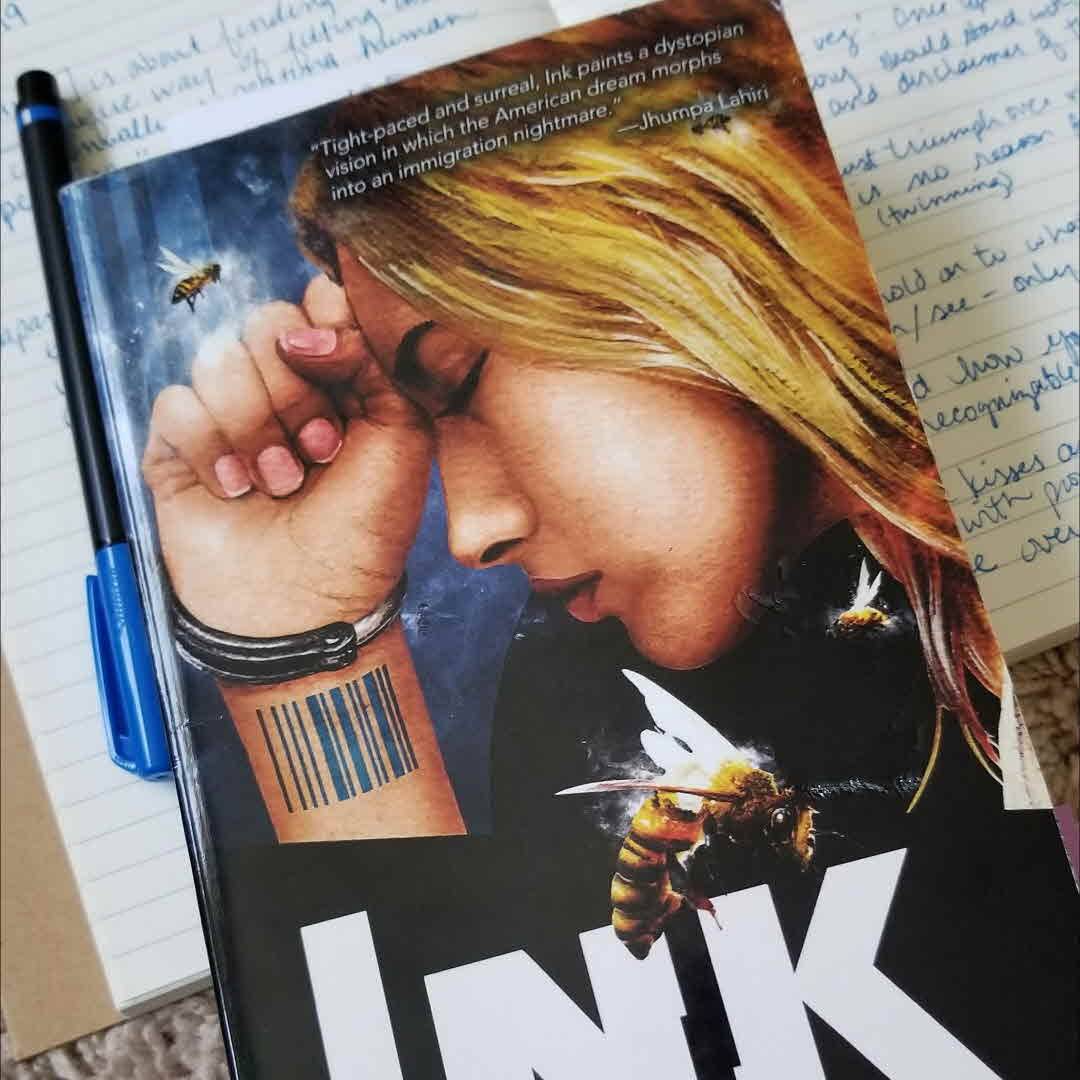
Ink imagines a near future where immigrants are given color coded tattoos to track them and their status. Released in 2012 but quite timely and frightening under our current administration. Told from multiple perspectives Sabrina Vourvoulias deftly writes of the human heart and its capacities for compassion and sacrifice. I loved how she seamlessly wove magic into the story as well.







